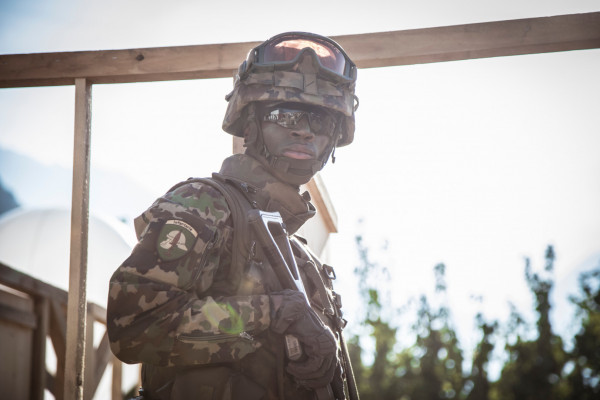
The transition from the military is so disruptive that most combat veterans would rather return to war than deal with the problems of civilian life: If you go into an insurgent’s house, you know there’s a change in plan just by reading your Sergeant’s eyes. If you go into your house, your partner can talk for an hour and you still don’t know what they want!
There is increasing support by the DoD for members to receive psychotherapy: A DoD Memoradum (April 18, 2008) specifically states that, under many circumstances including marriage and post-war counseling, the applicant for a security clearance can respond “No” to Question 21.
Why should I tell somebody about what happened to me? I don’t have PTSD.
OK, you don’t have to have PTSD to benefit from talking to somebody, but if you DO have things you did, saw, smelled, heard, or felt AND if that gets in your way of functioning every day, it might be helpful to talk with somebody who gets it. (You don’t have to have had a heart attack to be a good heart surgeon. You don’t have to have been combat-deployed to be a good clinician.)
When troops returned from WWII, they came home on ships and had eight to ten weeks to process, honor, grieve — their experiences. They also had one very long deployment — as did the troops in Viet Nam, so the recovery process was different: You go to war, you come home, and you try to get on with life.
This time you might have gone back three, four or five times and now you wonder why you would ever want to fit in again. Who could possibly understand that
- There is huge conflict not only between those who have been deployed and those who haven’t, but even about which unit you were in and when/where!
- It’s stressful for a 23-year-old with three combat deployments trying to teach new people who “learned it by the book”. The conflict comes when you’ve experienced that some “book” techniques will get their troops killed.
- You hate crowds or sitting with your back to a door because you can’t see what’s happening next, and you need to be prepared for the worst.
- You really don’t want to be THIS addicted to porn (really), but porn — and drinking — are the only two things that put aside some of those memories. And that still give you the edge. Oh, riding your bike gives you the edge, too but all of these cause huge fights with your family.
- You don’t want people thanking you for your service because it is your job.
And finally, you don’t want people telling you to forget about it or suck it up. You’re right – the friends who didn’t come back or who are physically changed forever deserve more respect from you.
And YOU deserve more respect from you by putting those memories and experiences in a different place so that you can live well in this world, too. Laying your pack down for an hour with a clinician who gets it might make all the difference.